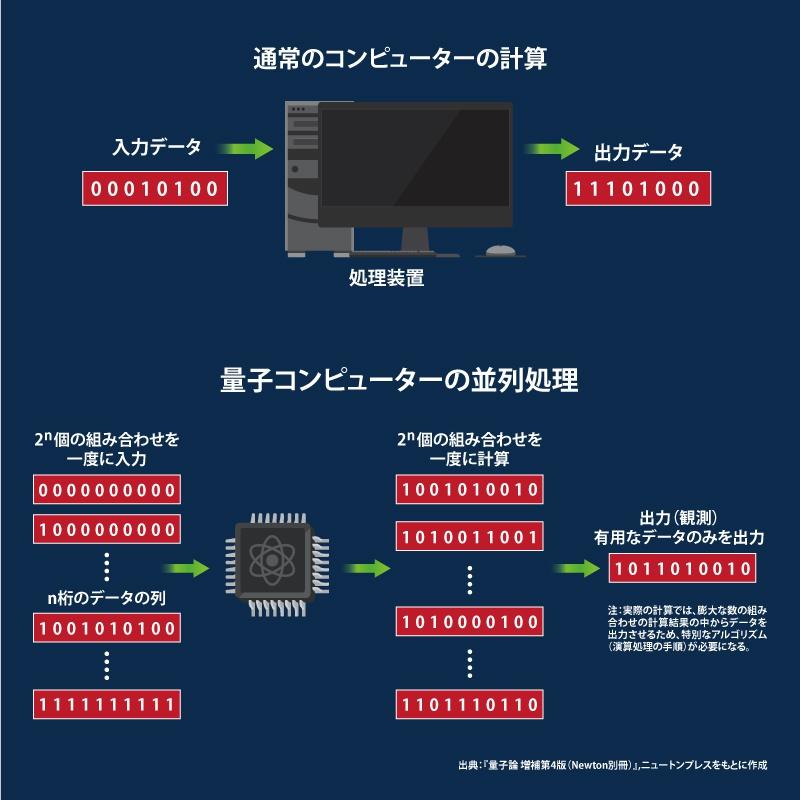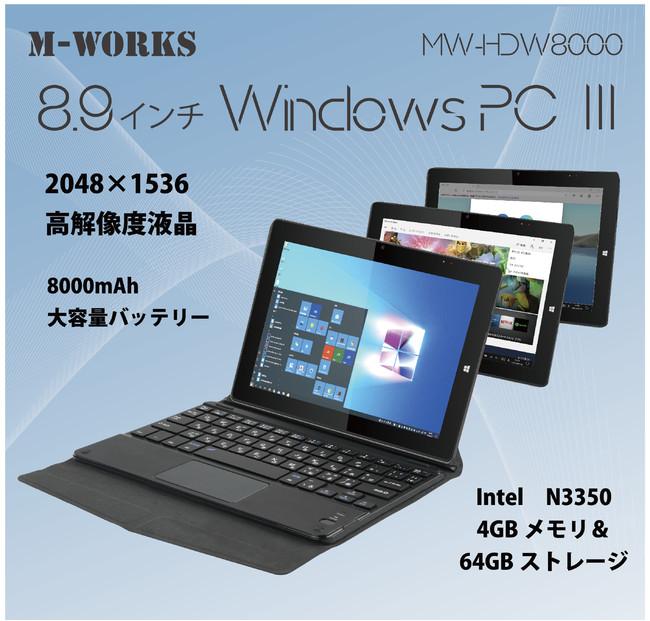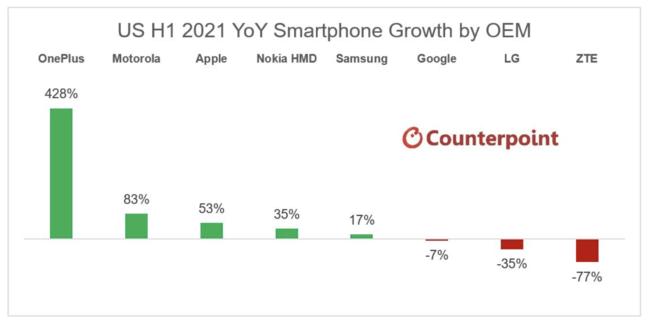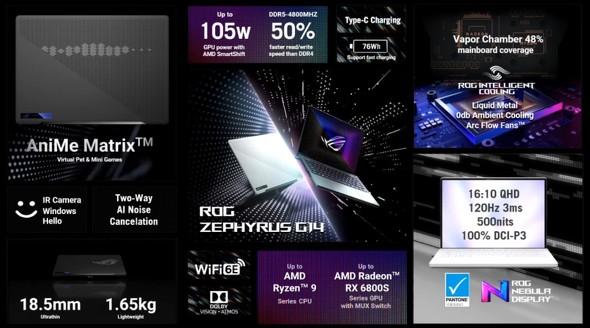Is a quantum computer replaced by a notebook PC?
Now that researchers, companies, and even the government are heating up quantum computing, the latest generation quantum computers will be offered at an attractive discounted price on the "Amazon Prime Day" sale, and the future will be delivered by delivery the next day.It's no wonder you want to imagine.
Above all, the early classical computer developed in the mid -20th century is a huge system that was considered to be the highest peak of technology at the time, and only researchers who work in a secret laboratory wearing white coats.could not.For most people, the idea of using a computer for everyday use seemed simply ridiculous.
However, in the 1970s, when a powerful microcessor on a semiconductor chip was mass -produced, it became possible to own a personal computer (PC) as a hobby.The PC is enthusiastically accepted, and the subsequent development is well known.Now hundreds of millions of PCs are shipped around the world every year.
特集:量子コンピューターを知る--現状と今後So, should we think that quantum computing will follow the same path?Modern quantum computers, in a sense, are equivalent to a huge computer in the 1950s.It is installed in a specialized laboratory surrounded by a large amount of precision equipment.At present, there are only a few devices on the market, and the price is extremely high.
Still, the possibility of quantum computing seems to be very large.According to experts, the technology is a completely new paradigm, which can even prevent Moore's end.Moore's rule is that it is inevitable that the manufacturer uses a large number of transistors to be unprecedented, and the chips equipped with it are continually miniaturization, so it is inevitable to approach the physical limits of calculation skills.The end of.

By utilizing the characteristics of the strange physics known as quantum mechanics, quantum computers can in principle to increase the number of usable calculation capabilities.Therefore, classical computers will find the answer to problems that cannot be solved within a reasonable time.For example, a very high -precision simulation of a new material and an accurate prediction of climate change can be considered.
Therefore, it is not exaggerated that such excellent tools will gradually permeate consumer lives once they are ready for commercialization, and they will replace them with their current familiar computer.The prediction will not be an expanded interpretation.
However, Bill Fefferman, assistant professor at the University of Chicago University of Chicago, is not good."Quantum computing is very exciting, but the reason may be different from the generally considered reasons," Fefferman told the US ZDNET.
"Quantum computing does not allow general -purpose to achieve high speeds in all issues. It is actually shown in many evidence that small tasks cannot be meaningful and speeding up with quantum computers."
Daily processes with transaction data processing (such as purchasing goods and confirming sales forecasts) can be done much better on classical computers, and the same is true for database applications.Email, voice calls, video calls, and social media scrolling all work with existing smartphones and laptops without any problems.Very few are expected to change quantum computers in this field.
For these reasons, Fefferman states that even in 100 years, which may be available for a versatile fall toralant quantum computer, many tasks will use classical computers in many tasks.。
It is a specific use case that is expected to have a good quantum computer.As an example, there are calculations of chemistry and physics, and more excellent antibiotics and drugs can be found, but researchers are financial through machine learning and potential use cases and quantum computing.We are also investigating how to speed up optimization issues in business and transportation.


![10th generation Core i5 equipped 9.5h drive mobile notebook is on sale at 50,000 yen level [Cool by Evo Book] 10th generation Core i5 equipped 9.5h drive mobile notebook is on sale at 50,000 yen level [Cool by Evo Book]](https://website-google-hk.oss-cn-hongkong.aliyuncs.com/drawing/article_results_9/2022/3/9/4a18d0792cae58836b71b9f591325261_0.jpeg)





![[Amazon time sale in progress! ] 64GB microSD card of 1,266 yen and wireless earphone with noise canceling function of 52% off, etc. [Amazon time sale in progress! ] 64GB microSD card of 1,266 yen and wireless earphone with noise canceling function of 52% off, etc.](https://website-google-hk.oss-cn-hongkong.aliyuncs.com/drawing/article_results_9/2022/3/9/c88341f90bab7fe3ce1dc78d8bd6b02d_0.jpeg)
